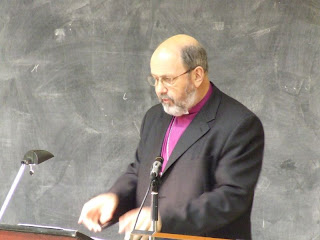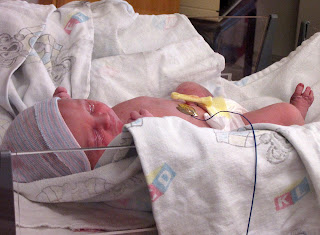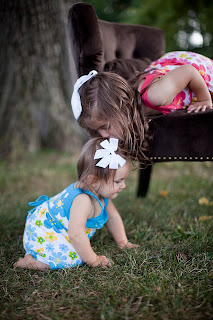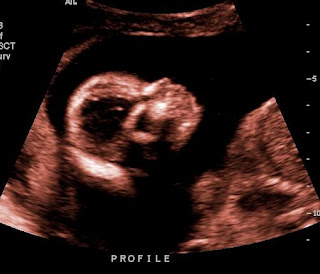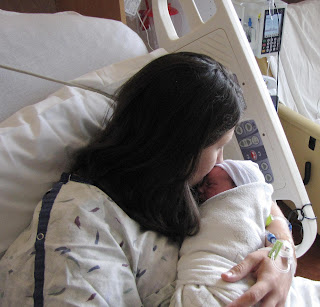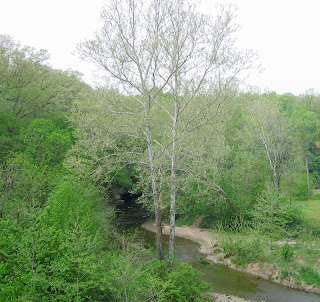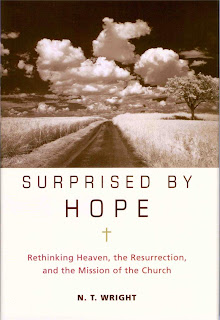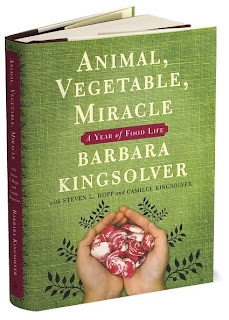My eldest has had trouble loving her sister lately.
When she gets angry, even if it is with herself, her first instinct is to lash out and hurt Little Sister. We’ve been working on this, trying to teach her other ways of expressing her anger, but it is a long and difficult road. She seems to lose all common sense when her emotions run high.
Sadly, this reminds me all too much of the adults in our country this time of year.
Ah, election season.
Time for everyone to lose logic and common sense and to begin slinging hateful words around like mashed potatoes in a junior high camp cafeteria.
I have been wondering how we got to this place. How did we get to the place where it seems impossible to have a compassionate discussion of ideas?
In my most recent Mars Hill Audio Journal, it was suggested that this has become part of our culture because of the direction that our public schools have taken. When we emphasize math and science to the exclusion of teaching ethics and civics and philosophy, our citizens grow up without knowing about logic, without knowing how to follow an idea through to its logical conclusion.
Here is a clip of one of my favorite authors, N.T. Wright, speaking about the problem that we don’t even have the debate but rather have bits and pieces of a shouting match (if you are viewing this via email/in a reader, click here to view this video):
I can see, having been a teacher myself, how cutting logic and philosophy out of schools would appeal. It is much easier to control the flow of ideas than to teach people to think for themselves. (I am not proposing that this has been a deliberate conspiracy against free thinking in our country, rather that this has been the unintended consequence of placing a higher value on sciences than humanities. It simply helps the cause that the things that are cut out are subjects that tend to make governing more difficult.)
As I thought about how we got to this place, though, and as I listened to respected leaders speak about this issue, I realized that this is not a new problem, this problem of not teaching young people to think for themselves, of not teaching children how to think logically about an idea and spot the fallacies contained within.
In the 14th century, John Wycliffe was one of the first advocates for translating the Bible from Latin, a language that only priests and rulers could read, into the common language, accessible to all. The leaders of his day violently opposed him, wanting to keep the power of ideas to themselves. Wycliffe’s opponents cried out, “The jewel of the clergy has become the toy of the laity”. In the end, Wycliffe was declared to be a heretic and his body was exhumed and burned, and the ashes were scattered.
As much as I would like to swell with indignation at the thought of trying to control ideas, if I am honest with myself, I can relate. It is difficult for me to trust my own children. I want to control the flow of ideas, to control what they know and understand. This would be much easier than teaching them to think critically and then dealing with the inevitable hard questions that will come.
Thankfully, I know better. God has instructed me to trust. Not other people, but Him. I must trust His Spirit inside my children.
So I will continually ask for help in relinquishing control. I will trust my girls to the care of God’s Spirit and trust that He will show them what is good.
As for our country, our election season, let us be the first to use logic and common sense, to show compassion to those with whom we disagree, and trust in God’s plan and His Spirit working rather than taking the easier route of slinging mashed potatoes all over their faces.
Art Credits: Vote photo by woodsy; photos of N.T. Wright and Wycliffe stained glass from Wikipedia images

